Iran, Kuwait and Russia have been confirmed as the opponents for the Thailand Futsal national team ahead of next month’s SAT Futsal Championship 2025.
Towards that, Thailand Futsal head coach Miguel Rodrigo has named a training squad of 22 players for the tournament slated for 9-12 April 2025 at the Terminal Hall, Terminal 21 Shopping Mall in Nakhon Ratchasima.
Thailand will take on Kuwait on 9 April 2025, Russia a day later and then Iran on 12 April 2025.
Iran squad has been announced today as follows:
Hossein Tayyibi – Moslim Oladghobad – Salar Aghapour – Mohammad Hossein Derakhshani – Mehdi Karimi – Masoud Yousef – Amir Hossein Davoudi – Behrouz Azimi – Mehdi Rostamiha – Hossein Sabzi – Mojtaba Parsapour – Amir Hossein Dehghani – Mohammad Hossein Baziar – Saeed Momeni – Amir Hossein Gholami – Sajjad Yousefkhah – Ali Akrami – Saeed Mombini – Abolfazl Afzali – Behzad Rasouli .
According to the announced program, the invited players are required to be available for the national team staff at the National Futsal Center.
Iran will face Russia on 9th April and will play Kuwait on April 10th, and the host Thailand on April 11. The camp will be held while Mahmoud Khorzachi, Mohammad Taheri and Kazem Sadeghi will replace Shahabuddin Sefalmanesh, Siamak Dadashi and Asghar Ghahramani in the national team’s coaching staff.
on the other hand, a new addition to Futsal Team Melli has been announced. Media reports suggest that 52-year-old coach Spanish coach David Ramos Barragán is expected to travel to Iran to finalize his contract with the federation. Barragan will be the assistant to Shamsaei.
In 2019, Ramos, while with Vina Albali Valdepeñas in Spain’s top futsal league, established himself as one of Europe’s prominent futsal coaches.
His collaboration with Vahid Shamsaei could enhance Iran’s national futsal team in both technical and tactical dimensions, marking a pivotal moment in the team’s preparation for upcoming competitions.
Additionally, Ramos has previously worked with Iranian futsal star Saeid Ahmad Abbasi for two years at Vina Albali.



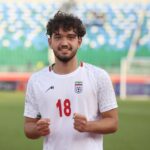
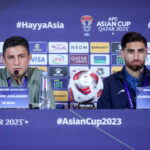

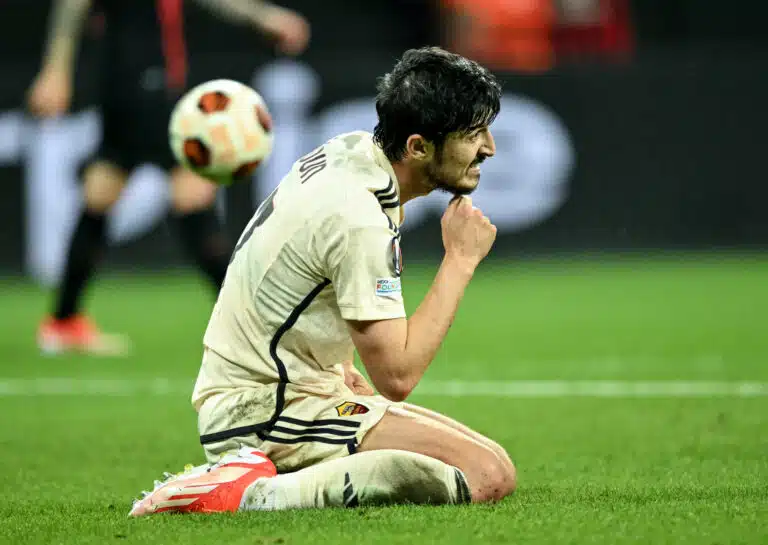

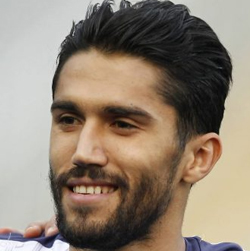


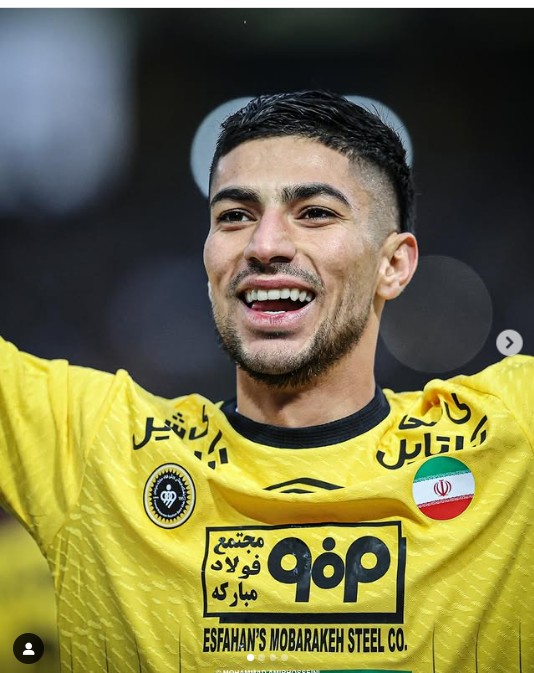
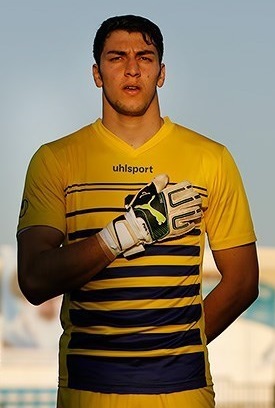
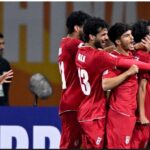
.jpg?d=800x0)
.jpg?d=800x0)
.jpg?d=1200x700)
.jpg?d=1200x700)
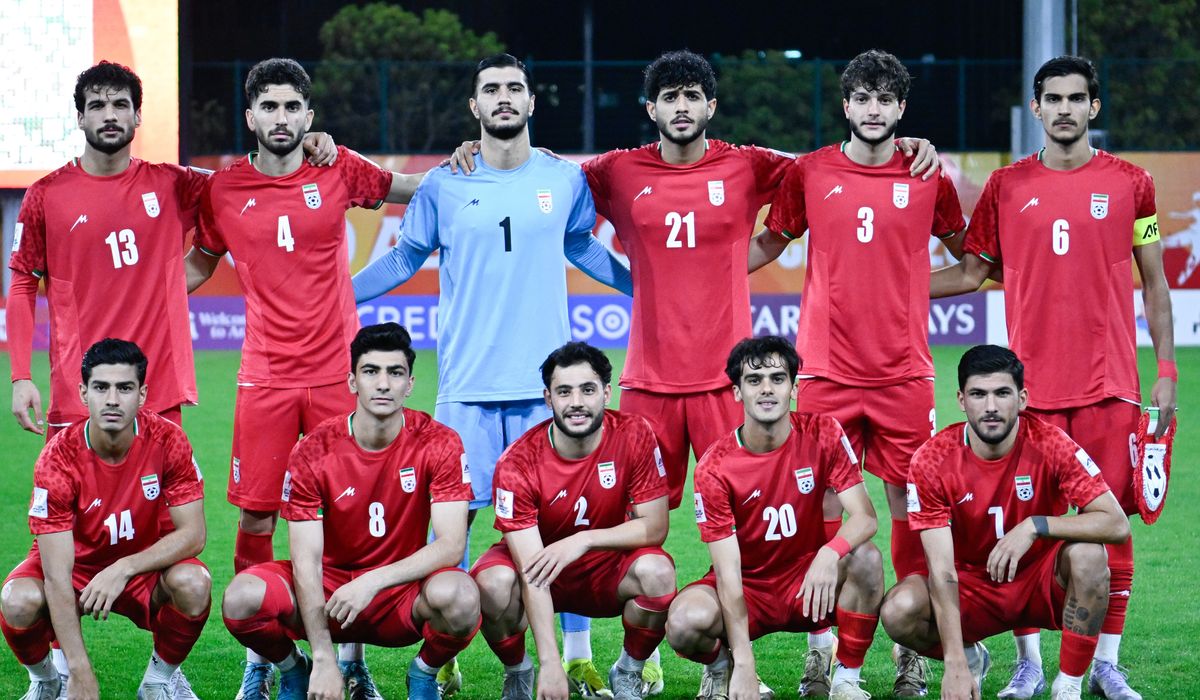
.jpg?d=1200x700)
.jpg?d=1200x700)
.jpg?d=1200x700)
.jpg?d=1200x700)
.jpg?d=1200x700)
.jpg?d=1200x700)
.jpg?d=1200x700)
.jpg?d=800x0)
.jpg?d=800x0)

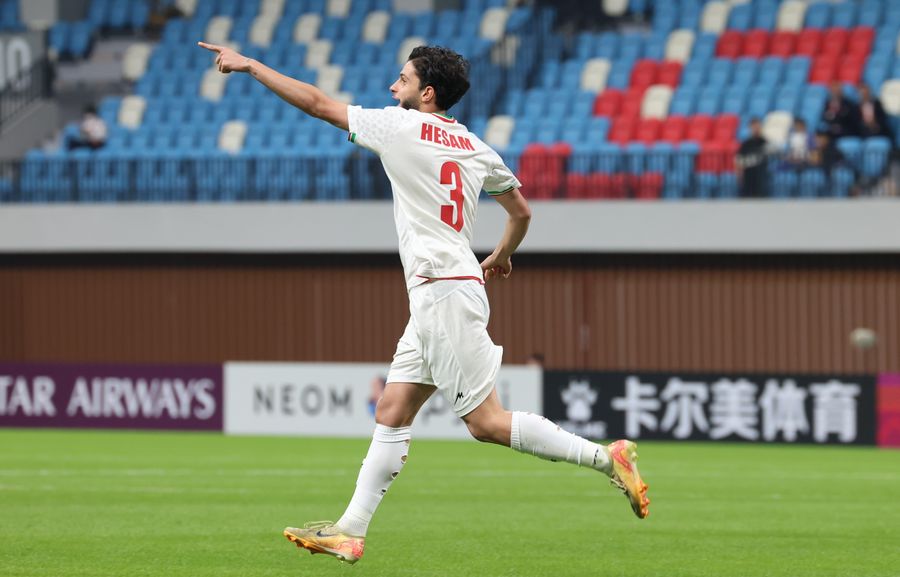
.jpg?d=900x0)
.jpg?d=900x0)
.jpg?d=900x0)
.jpg?d=900x0)


